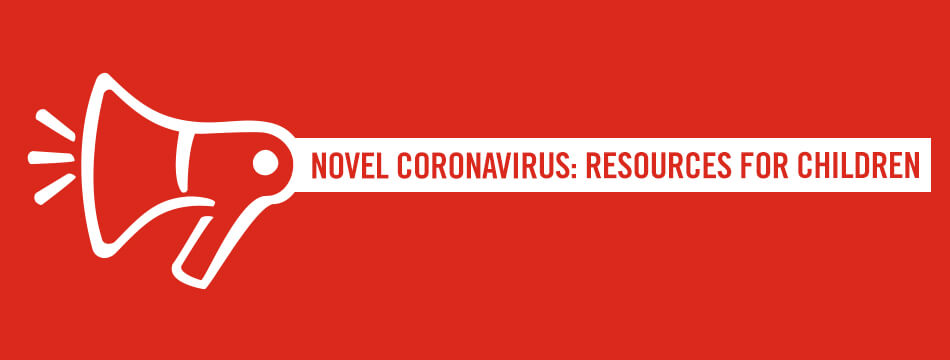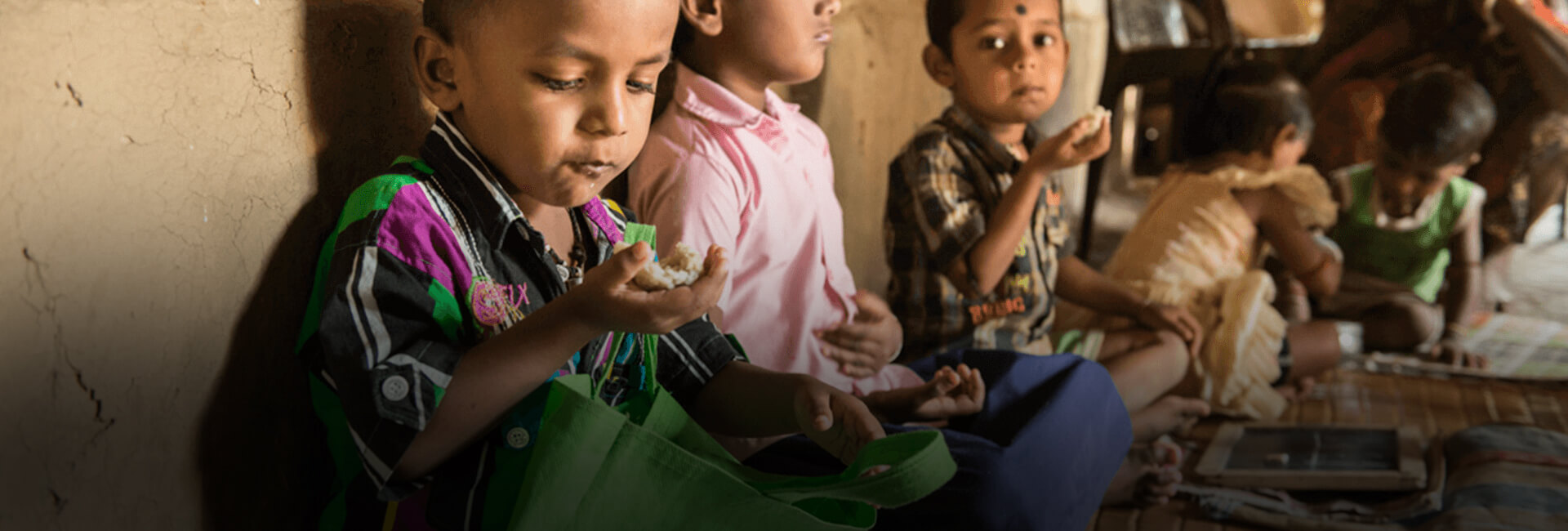How to talk to children about novel coronavirus

You’re not alone. As world’s leading experts on childhood, we’re providing parents, schools and communities with tools and tips you can trust about Novel coronavirus and kids. In these times of crisis, especially with extended school closures and social distancing, children are likely to worry about themselves, their families and friends. Parents, family members, school staff, and other trusted adults can play an important role in helping children make sense of what they hear on Novel Coronavirus and help them deal with the anxiety.
Here’s some guidance on how you can talk to children about the ongoing Novel Coronavirus outbreak and inform them on ways in which they can avoid getting and spreading the disease.
Stay calm and be reassuring
Remember that children will react to both what you say and how you say it. They will get impacted by the conversations you have with others so always talk calmly and assure children by saying things like: “I understand this can be scary. We’re taking steps to keep healthy, and we’re well prepared.”
Find adequate time
Make sure you give enough time to children. They should we comfortable in walking up to you for asking questions. Do ask them questions on how they are feeling.
No finger-pointing and stigmatizing
Like other viruses, the novel Coronavirus too can make anyone sick, regardless of a person’s race or ethnicity. Avoid making assumptions about who might be infected.
Be watchful of what children see or hear on television, radio, or on the Internet
You can consider reducing the amount of screen time focused on Novel Coronavirus. Too much information on one topic can lead to anxiety, especially among children.
Share Accurate Information
Whatever information you give to children, it should be truthful and age-appropriate. It should be in line with the developmental level of the child. Also apprise children on how some stories and news items circulating online may be based on rumours and inaccurate information.
Teach children the importance of maintaining good hygiene and lead by example
- Remind them to maintain distance from people who are coughing or sneezing or sick
- Remind them to cough or sneeze into a tissue or their elbow, then throw the tissue into trash.
- Remind them of what’s in their power – washing hands thoroughly, consuming a healthy diet, getting plenty of sleep and other such healthy healthy lifestyle habits.
- Get children into a handwashing habit:
- Teach them how to wash their hands with soap and water for at least 20 seconds, frequently during the day. Hands must be definitely washed after children blow nose, cough or sneeze, use bathroom and before eating or preparing food.
- Also teach them to use an alcohol-based (minimum 60% alcohol) sanitizer. Do keep an eye on young children using sanitizer, lest they swallow alcohol.




